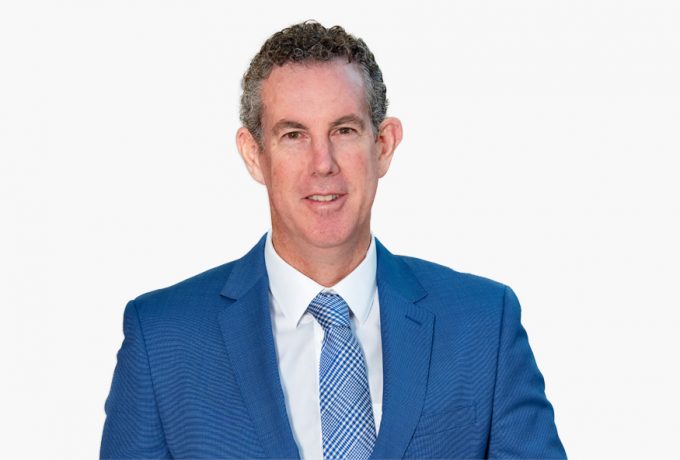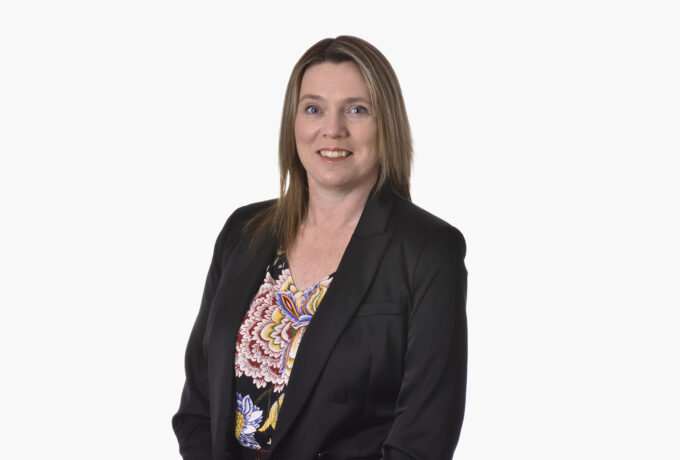
The ATO has released final guidance on how employees may choose to calculate their work from home deductions for this financial year.
Employees will be able to choose between a fixed rate method of 67 cents per hour, or calculating the actual expenses incurred, working from home. Although the rate is lower than the 80 cents per hour temporarily allowed during COVID, the revised method applies to a narrower category of expenses, allowing deductions for other expenses (such as laptops and office equipment). However, taxpayers should be on notice that strict record keeping applies from 1 March 2023.
The ATO has released final guidance on working from home expenses in Practical Compliance Guide PCG 2023/1 (“PCG 2023/1”) which provides accepted methods that individuals may use in calculating deductions for additional expenses in relation to running costs (being those costs associated with the use of facilities within the home and which can be contrasted with occupancy expenses such as rent or mortgage interest). Where taxpayers comply with the requirements in PCG 2023/1, the Commissioner will not dedicate compliance resources to reviewing the deduction claimed.
How can I calculate deductions for working from home expenses?
From 1 July 2022, taxpayers will be able to calculate their work from home deduction under one of two methods: the revised fixed rate method of 67 cents per hour (up from 52 cents per hour) or the actual expenses method (i.e. calculating the additional expenses actually incurred in working from home).
Who is eligible to use the fixed rate method?
Taxpayers must satisfy three conditions to be eligible to use the fixed rate method. First, the work must involve carrying on substantive employment duties or in carrying on business. Occasionally checking emails is not sufficient to meet this condition. Second, the taxpayer must have incurred deductible additional running expenses of a kind outlined below. Third, the taxpayer must meet the record keeping requirement.
If multiple people reside, and work, in the same house, each will separately be eligible to calculate their deduction under the fixed rate method providing they are eligible. However, if the actual expenses method is selected, particular care should be taken to ensure that the expenses are appropriately apportioned between them.
Taxpayers that do not meet all three conditions will not be able to rely on the fixed rate method and will need to utilise the actual expenses method.
What expenses are covered by the fixed rate method?
The fixed rate method estimates the expenses incurred in relation to the following categories (1) energy expenses (electricity and/or gas) for lighting, heating/cooling and to run electronic items used for work; (2) internet expenses; (3) mobile and/or home telephone expenses and (4) stationery and computer consumables.
This means two things. First, taxpayers cannot claim additional deductions for expenses in relation to any of these categories, even if they are incurred in relation to working somewhere other than home (i.e. using your mobile for phone or internet when travelling or at the office). Second, depreciation of furniture and equipment (e.g. desk, computer and printer) may be calculated separately (and in addition) to the fixed rate.
What record keeping is required in relation to hours worked?
Strict record keeping requirements apply to be eligible to use the fixed rate method – this includes records in relation to both the number of hours worked during the year, and the additional expenses incurred in working from home.
The importance of actual records will be crucial – taxpayers cannot rely on estimates based on a split of work from home and office days (i.e. where your employer requires you to work from the office 3 days). Rather, taxpayers will need to maintain a log of the hours worked from home for the full year (but can make use of timesheet or billing software to do so).
The ATO has outlined transitional rules that will apply for the 30 June 2023 income year (as the first year), requiring detailed records from 1 March 2023 to 30 June 2023 only and a record that is “representative” of the total hours worked prior to then (i.e. 1 July 2022 to 28 February 2023).
What record keeping is required in relation to expenses incurred?
Taxpayers must also retain records to substantiate that they incurred relevant expenses. Allowance is made for joint residents (such as spouses or share houses) where the account is in one name but the expenses are shared jointly: however, the taxpayer must contribute to the expense for it to be covered by the revised fixed rate method.
Taxpayers must keep one document for each of the additional running expenses incurred during the year, with the Commissioner making it clear that it is not a requirement to incur expenses in relation to each of the four categories.
What happens if the ATO reviews the deduction claimed?
PCG 2023/1 states if the taxpayer meets the requirements that the Commissioner will not allocate additional compliance resources to reviewing the deduction. Taxpayers that fail to meet the conditions (or more likely, for whom the Commissioner does not accept the substantiation requirements) will be ineligible for the fixed rate method and will need to use the actual expenses method. In practice, and as recognised in the guidance, this means that taxpayers will need to retain adequate records of all relevant work-related expenses and of the hours worked from home.
In addition, the fixed rate method cannot be relied on by a taxpayer who, for any reason, objects to their working from home deduction.
How is this different to the current practice?
Previously, taxpayers were eligible to claim a fixed rate of 52 cents per hour, or calculate actual expenses incurred. The fixed rate method was temporarily extended (as the ‘shortcut method’) from 1 March 2020 to 30 June 2022, at a higher 80 cents per hour, in recognition of the increase in the number of people working from home. However, the shortcut method applied in relation to all working from home expenses (including depreciation of additional office furniture and equipment). The revised fixed rate method returns to the approach adopted in PS LA 2001/6, applying only to certain categories of expenses. The categories have been extended to include stationery and other computer consumables while depreciation of office furniture has been removed.
What are the next steps?
It is critical that clients wishing to claim working from home deduction using the revised fixed rate method for the 2023 and future years start to record their working from home hours and retain documentary evidence of additional running expenses.











